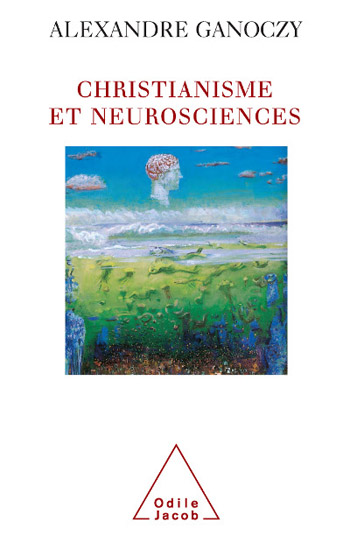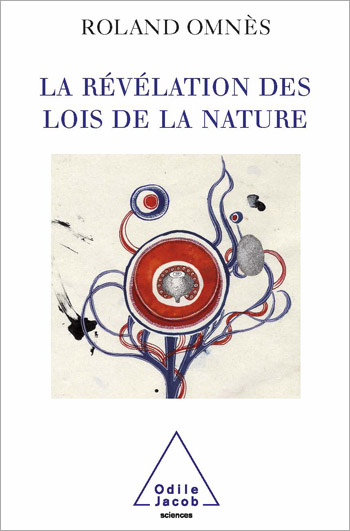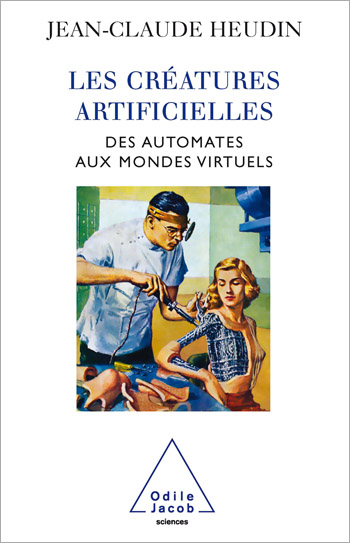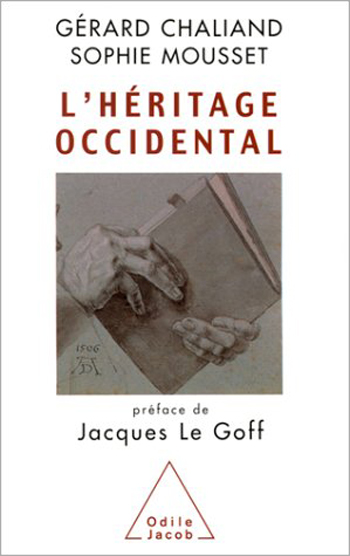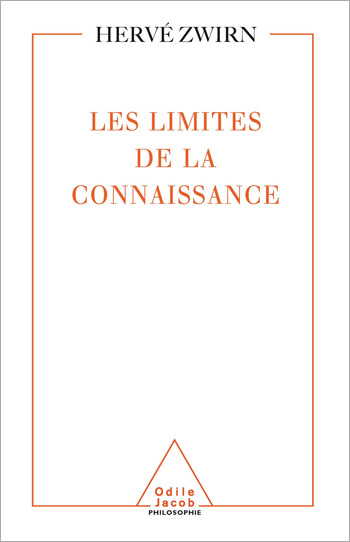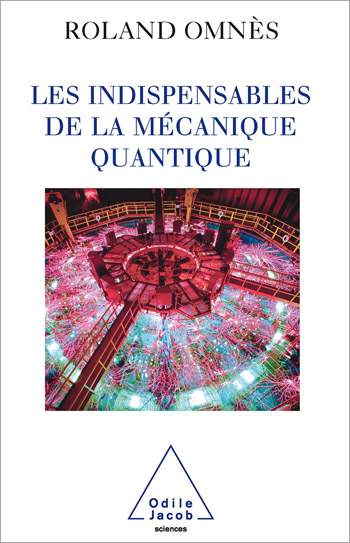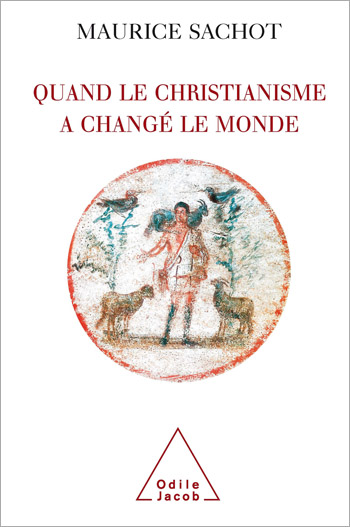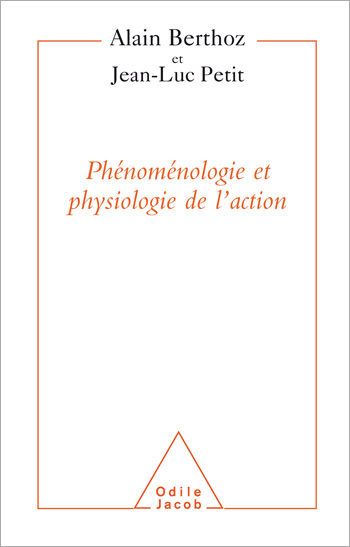Catalog All books
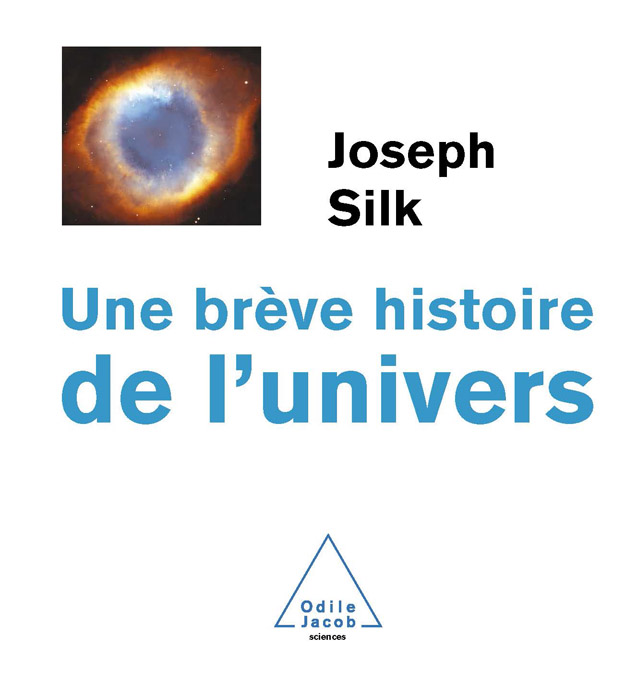
Joseph Silk
Une brève histoire de l'univers
Joseph Silk is the author of an authoritative book on the Big Bang. In the present work, he covers the history of the universe from that first great explosion and shows how the most recent discoveries in astrophysics i.e. of the cosmic fluctuations from which the great structures of the universe emerged provide the missing link between the Big Bang, which occurred 15 billion years ago, and the present state of the universe. When did time begin? This is the question, already asked by Stephen Hawking, that A Short History of the Universe sets out to answer. It is the subject of current debate among theologians: Did time begin with the Big Bang, in which case God could not have created the universe, or has time existed for all eternity, which would mean that the Big Bang was just one event among others, that God could have existed before it occurred and that He could thus have created the universe? This highly accessible book will be of interest to a wide readership, since the issues examined here concern all of us. Joseph Silk, an astrophysicist and cosmologist, teaches at Oxford University.
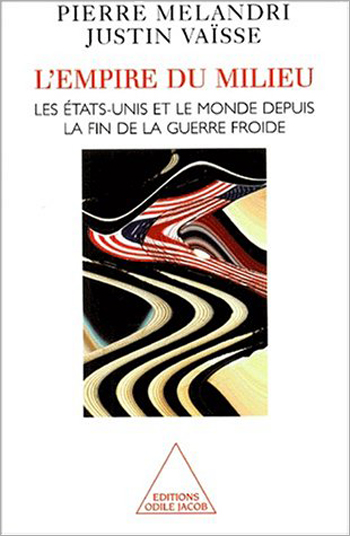
Pierre Mélandri, Justin Vaïsse
The Middle Kingdom The United States and the World Since the End of the Cold War
"No one would deny the central role played by the U.S. More than any other nation, it has shaped the world we live in and will continue to do so for several years to come. For this reason, it is essential to judge its actions abroad in a manner that is as free of clichés as it can. Our goal was to present the reader with as complete a picture as possible of U.S. presence in the world, without neglecting any episode or omitting any angle that could be insightful." Pierre Mélandri and Justin Vaïsse Justin Vaïse is a historian. Pierre Mélandri teaches at the University of Paris III-Sorbonne Nouvelle.
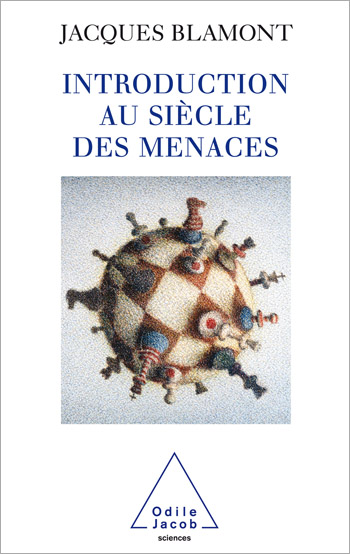
Jacques Blamont
Introduction au siècle des menaces
Although the confrontation between rich and poor is universal, it can be heightened by various factors. According to Jacques Blamont, the widening technological gap between the poor and rich nations is one such aggravating factor. The revolution in information technology has been largely responsible, because it has helped to concentrate more and more power and wealth in the hands of the few - particularly in the United States. Blamont lists various potentially threatening situations that are converging to create an explosion such as the world has never seen before. These include: the demographic growth of the very poor, the ageing population in the developed countries, new climatic risks that are endangering the environment, the spread of new epidemics as a result of globalisation, and the limited effects of the military strategies adopted by the most powerful nations. Step by step, the author deconstructs the hellish machine that our children will inherit from us - because we put too much faith in technological progress. Jacques Blamont is a member of the French Academy of Science and a professor at the University of Paris-VI. He is one of the fathers of the French space programme and was formerly the scientific director of the CNES. He is most notably the author of Vénus dévoilée and Le Chiffre et le Songe.



